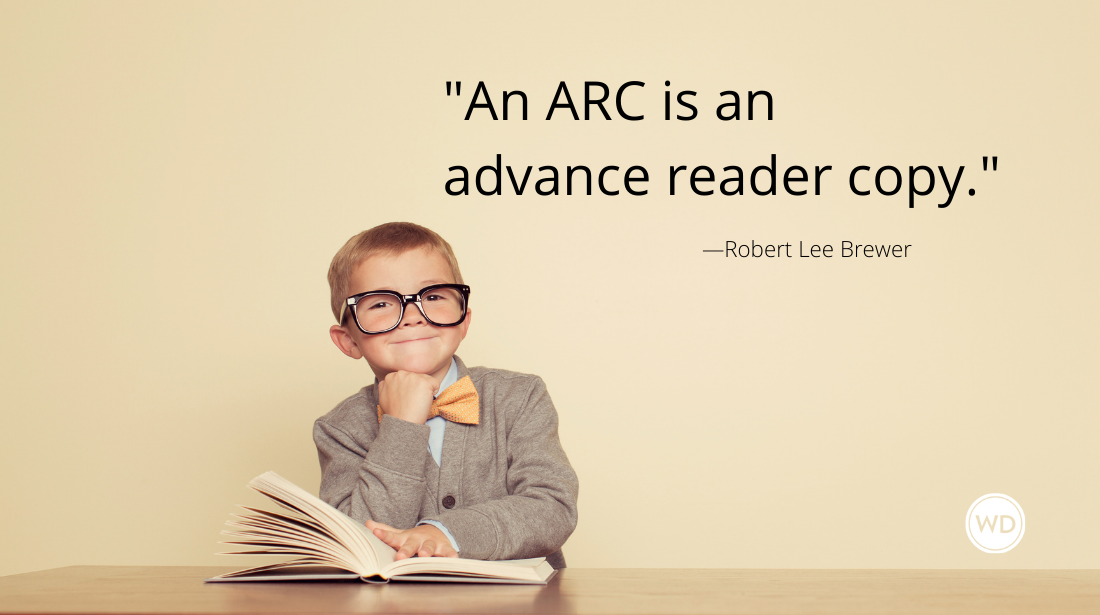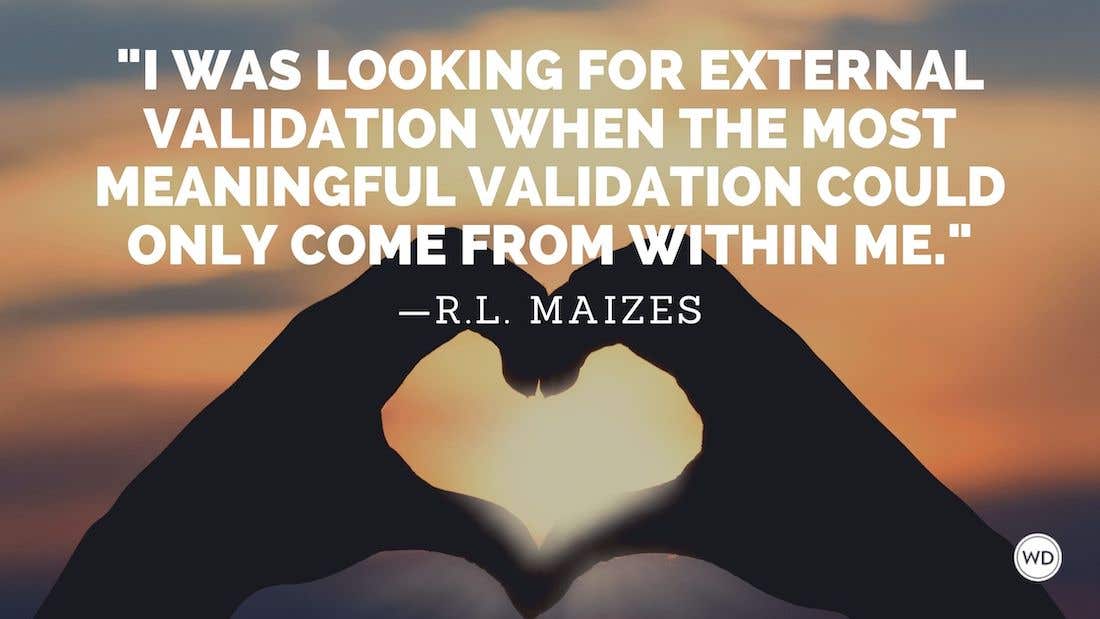The Challenges of Getting Your Book Published
Self-publishing or traditional publishing? Author Robert McCaw has gotten his books published both ways and shares the pros and cons of each route.
Self-publishing or traditional publishing? Author Robert McCaw has gotten his books published both ways and shares the pros and cons of each route.
I’ve written several novels—mystery/thrillers set on the Big Island of Hawaii—featuring the Hilo Chief of Detectives as protagonist. I worked on the first of these, Death of a Messenger, for 20 years while I pursued a busy legal career until I finally finished the manuscript.
In seeking to get my first novel published, I researched agents and publishers who might be interested in mysteries, writing query letters, and getting lots of rejections. I learned that the truth in today’s disrupted book publishing market is that most traditional publishers are leery of taking on an untested author. Given the substantial expenses of traditional publishing, publishers are predisposed to favor proven authors, and few, if any, novices fit that bill. The process is also frustrating and slow. Many agents never bother to respond and those who do may take months to acknowledge an inquiry.
Unsuccessful in my efforts to find either an agent or a publisher, I decided to self-publish my first book. This decision opened up a whole new field of possibilities. I learned I could self-publish through Amazon at little or no cost, but with little or no help. Needing and wanting help, I found I could go a more full-service route, satisfying my desire to create a professional product, carefully edited, thoroughly proofread, nicely formatted, and professionally published in soft cover with parallel digital publication. I reviewed several publishing services and ultimately settled on Mill City Publishing (subsequently acquired by Salem), a full-service, but expensive, option.
While gratifying, self-publishing was an arduous, expensive, educational, and intimidating multi-step process for this first-time author. To begin with, my Mill City editor suggested numerous manuscript revisions. I know some authors get their backs up when edited, but I loved the process of working with a skilled professional who not only studied the manuscript but spotted holes and inconsistencies, which I happily corrected. We then moved on to proofreading, where once again professional help caught dozens of errors, ranging from poor grammar and misspellings to missing punctuation. Then came formatting, a huge determinant in the look of the final product.
During this editing/proofing/formatting process, Mill City also assisted with cover and jacket design. Although I had a conception of how the cover should look, and my wife, a skilled photographer provided the key imagery, the Mill City designers made it work, integrating the cover design and jacket. I could never have done as well working alone.
Once I was close to the final book, the real work began. Even for established authors working with traditional publishers, the bulk of marketing falls on the author. This can include finding reviewers, delivering bookstore talks, library speeches, book club chats, email marketing, social media, Facebook, Twitter, MailChimp, blogs, generating Amazon reviews, and just plain hawking your work to friends, neighbors, and strangers. Along the way I became inundated with offers of help—all for a pretty penny—by all kinds of online services. Be wary. In my experience, few of them produce book sales. And finally, to the extent that your sales efforts are successful, you must make distribution (and return) arrangements to facilitate getting books to their point of sale.
Death of a Messenger was, for me, a success, but not in financial terms. How can that be, you might be asking? I consider it a success because of its tight editing, professional production, and strong reviews on Amazon, all of which proved to be the critical elements in my ultimately securing Mel Parker, my wonderful agent, and a small high-quality publisher for my subsequent books. Oceanview Publishing is releasing the second book in my Hawaii mystery series, Off the Grid, on July 2, 2019 and has arranged for it to be among the new works featured at the July 2019 ThrillerFest in New York.
Working with an agent and a publisher is a whole different ball game. While I paid for all the editing, proofreading, formatting, and cover design for Death of a Messenger, Oceanview paid me an advance (admittedly small) and has absorbed all those costs in addition to prospective distribution (and return) costs. They’ve also been active in helping to market the book, finding reviewers, and introducing me to other authors who’ve generously read and offered “blurbs” to help advertise my work. Still, the bulk of the sales effort falls on me as the author.
The transition from my long career as a lawyer to my new endeavors as an author has been an eventful and exciting one. I’ve met great people along the way from professionals whom I admire and respect to many wonderful readers who made the journey one of great joy.
Robert McCaw is the author of Fire and Vengeance, Off the Grid, and Death of a Messenger. McCaw grew up in a military family, traveling the world. He is a graduate of Georgetown University, served as a U.S. Army lieutenant, and earned a law degree from the University of Virginia. He was a partner in a major international law firm in Washington, D.C. and New York City, representing major Wall Street clients in complex civil and criminal cases. Having lived on the Big Island of Hawaii, McCaw imbues his writing of the Islands with his more than 20-year love affair with this Pacific paradise. He now lives in New York City with his wife, Calli.







